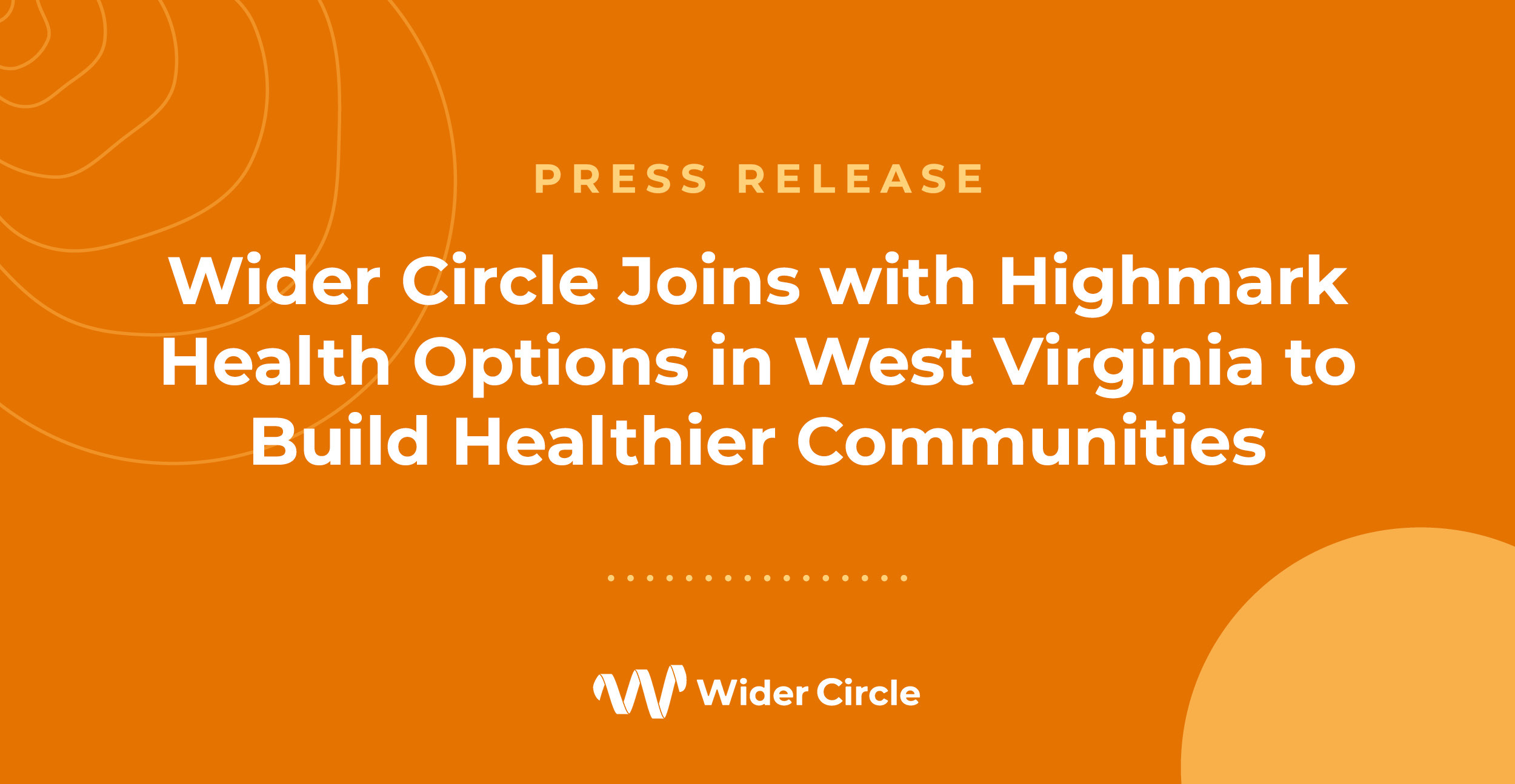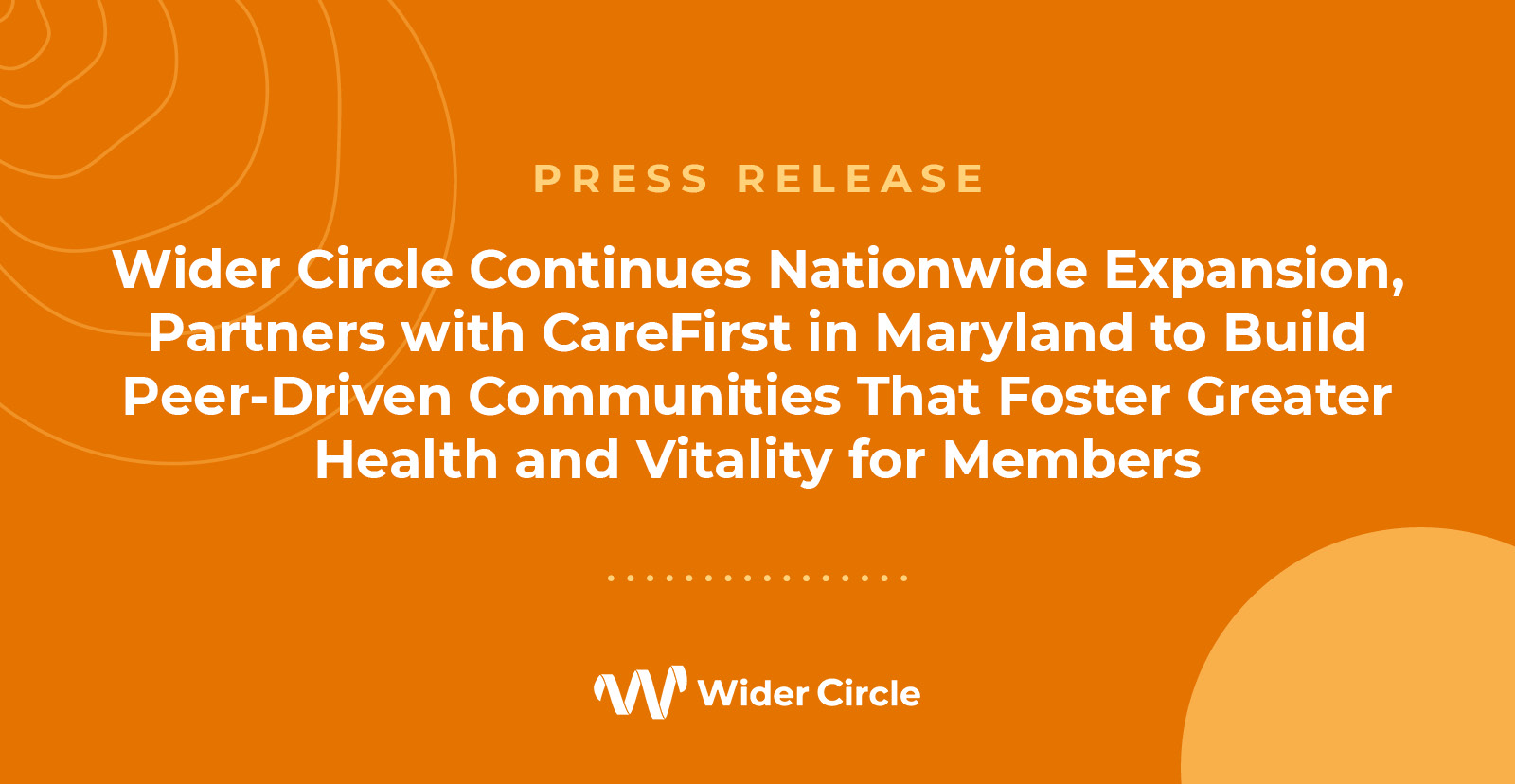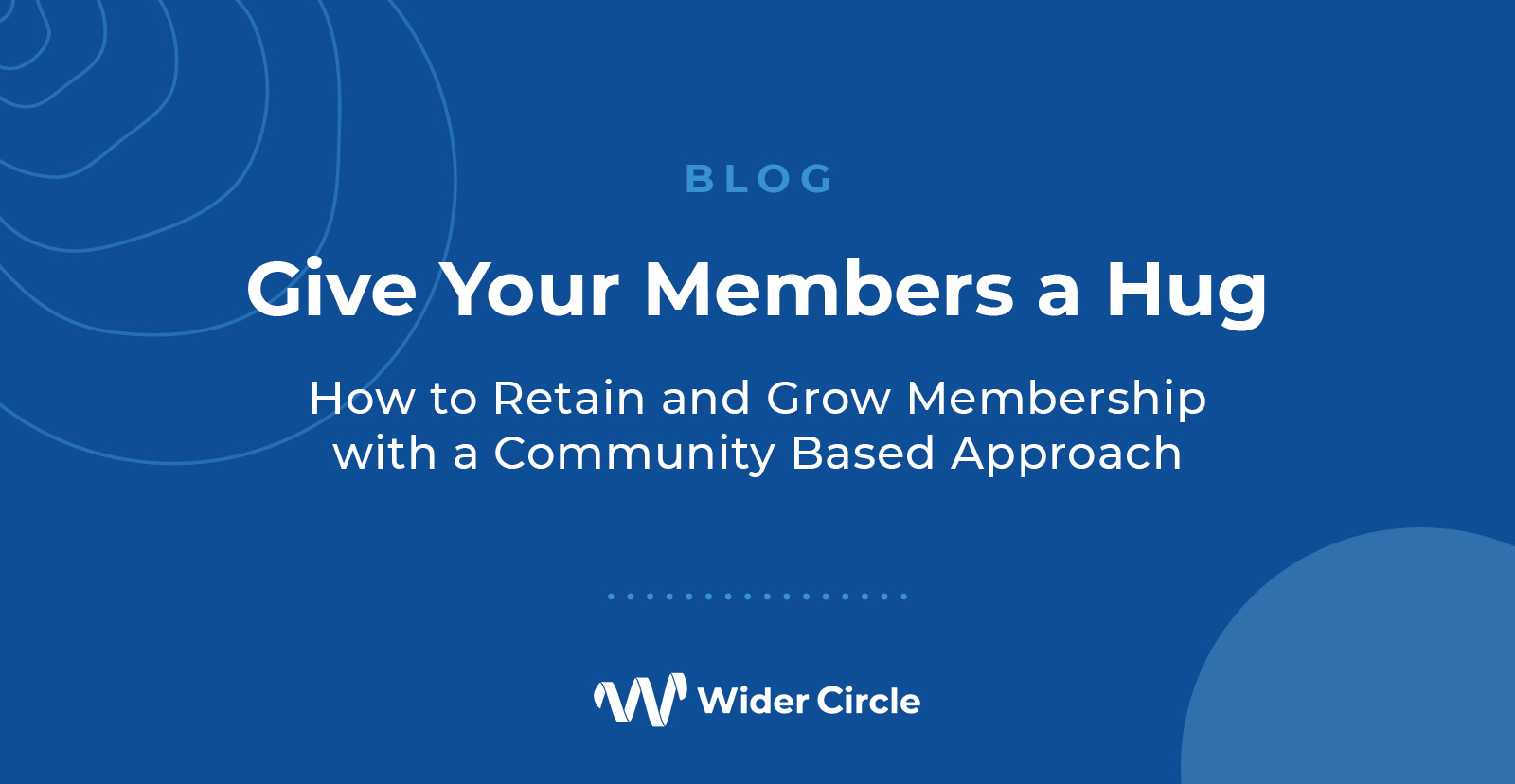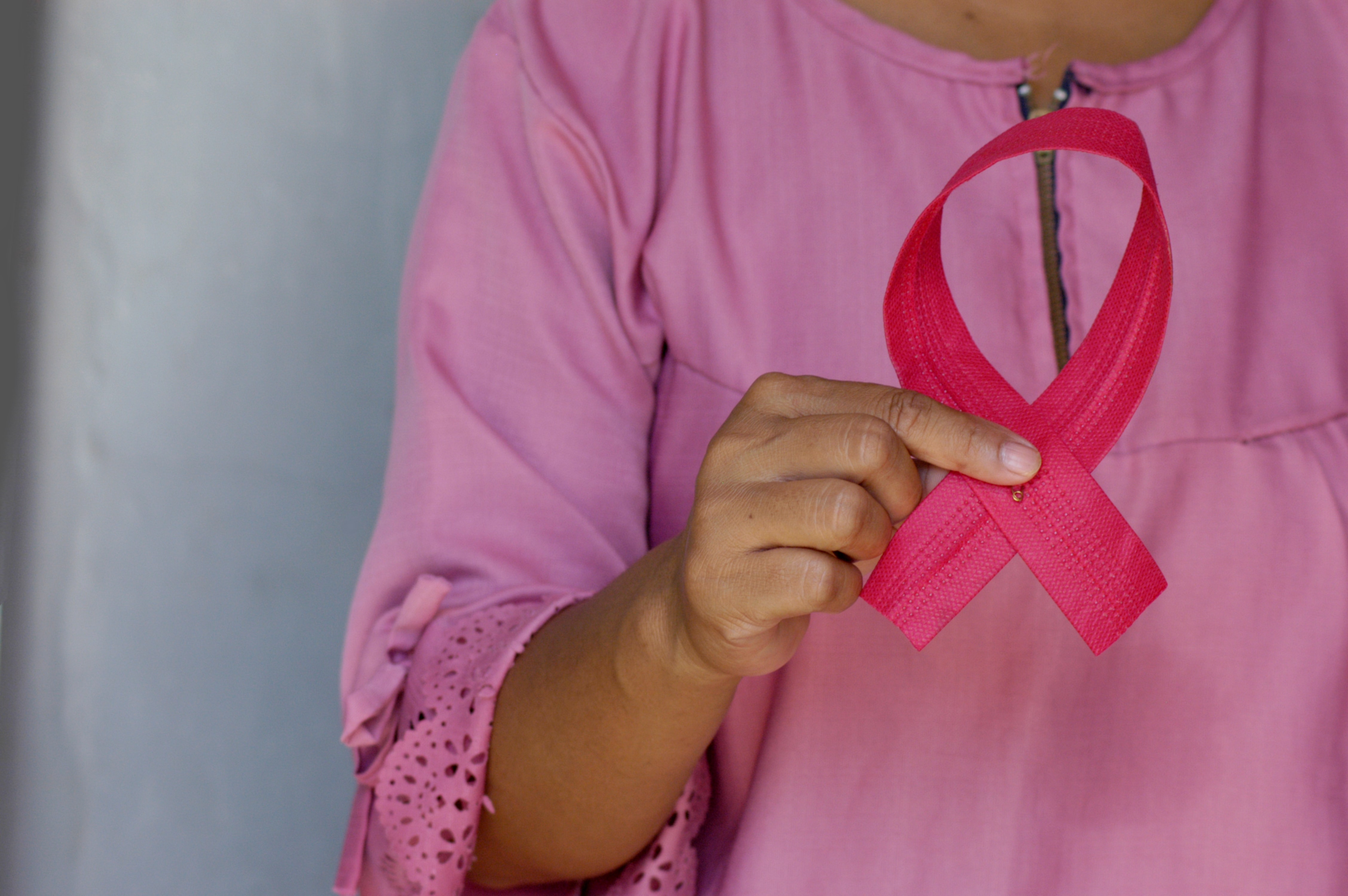
Every October, Americans are reminded that it’s Breast Cancer Awareness Month and are encouraged to donate to important research and fundraising events. But for breast cancer survivor and Wider Circle member Betty Henry of Clovis, CA, every day of the year is an opportunity to share her story and raise awareness about the second most common cancer in American women. In 2015, Betty was diagnosed with stage 2 breast cancer after a routine mammogram revealed a 2.5-centimeter malignant tumor on her right breast. “I started regular self exams and screenings in my early forties because I had a family history of breast cancer. But only the mammogram could detect the tumor. If I hadn’t stuck to my mammogram plan set out by my doctor, the tumor could have gone undetected and metastasized to other parts of my body,” Betty said.
After two years of aggressive radiation treatment, Betty was declared cancer-free. Now the 78-year-old is back to her daily 5-mile walks and caring for her horse and chickens on her 2.5-acre ranch. When it is safe to gather after the coronavirus pandemic, Betty looks forward to reconnecting with her local Wider Circle chapter and gathering at restaurants again. “The folks I have met at Wider Circle have been a great source of support and friendship for me, especially since my kids live out of state and I live by myself.”
Betty’s advice to other women? “Whether you’re in your 40s or 60s or 80s, don’t miss your mammograms! Even if you don’t have any family history of breast cancer, you’re not immune and it doesn’t care how old you are. And if you are diagnosed with it, try not to dwell on the negative. Follow your doctor’s plan and surround yourself with positivity. You will get through it.”
The Serious Facts About Breast Cancer
After skin cancer, breast cancer is the most common cancer diagnosed in women in the United States, accounting for about 30% of cancers in women. And it’s the leading cause of cancer death for Hispanic women. While genetics can be a risk factor, about 85% of diagnoses occur in women with no family history of breast cancer. (Mayo Clinic)
But there’s good news…
Substantial support for breast cancer awareness and research funding has helped create advances in diagnosis and treatment. According to the Mayo Clinic:
- Breast cancer survival rates have increased, and the number of deaths associated with this disease is steadily declining, largely due to factors such as earlier detection, a new personalized approach to treatment and a better understanding of the disease.
- 98% of breast cancer patients survive when diagnosed early
- More than 2.8 million people living in the US are breast cancer survivors
How to Protect Yourself
1. Schedule your mammograms. Starting at age 40, talk to your doctor about scheduling regular screenings and mammograms.
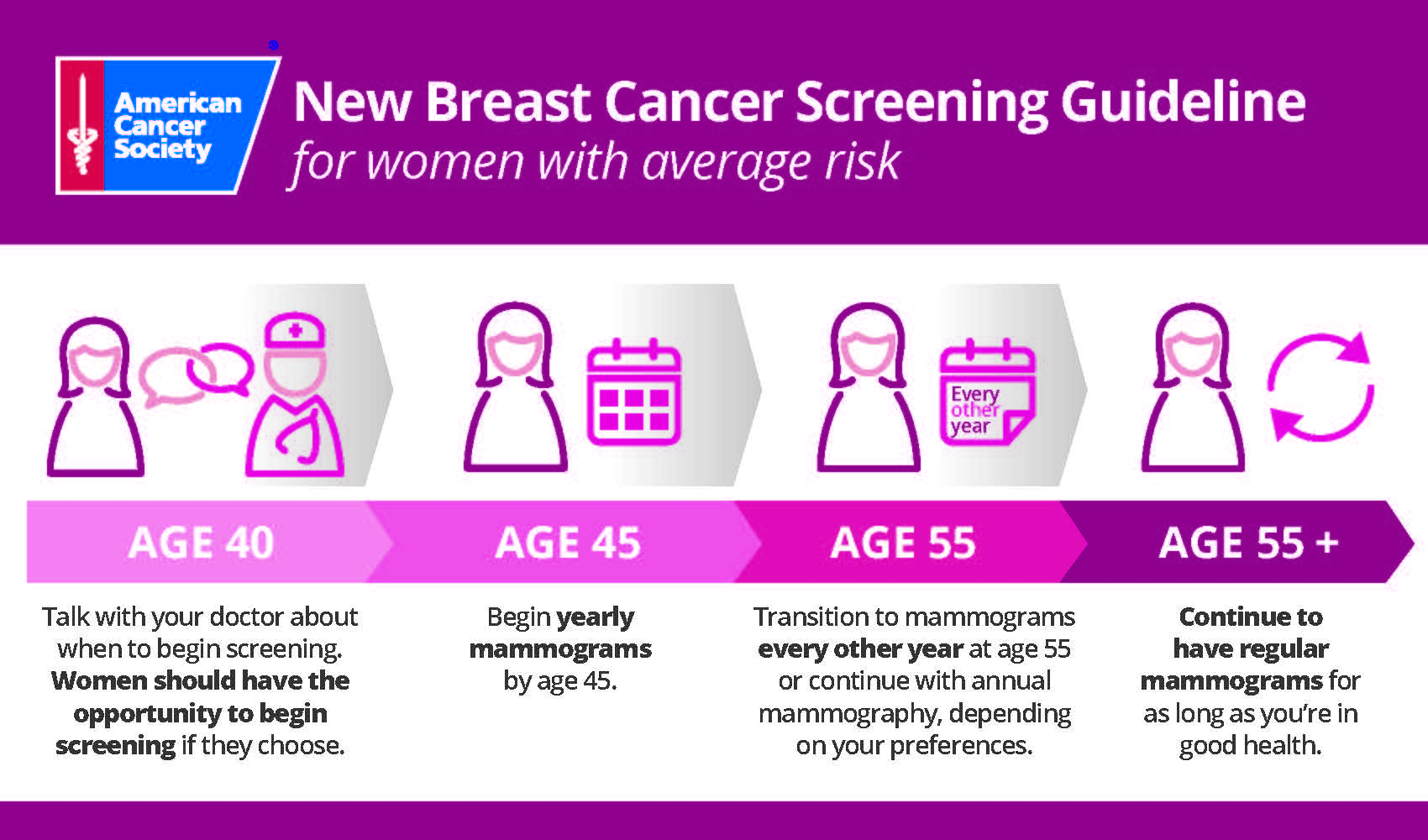
2. Maintain a healthy lifestyle. Healthy choices are associated with lower cancer incidence. Limit alcohol, cut out cigarettes, fill your plate with fruit, veggies and whole grains, and don’t forget regular exercise. Physically active women are 25% less likely to develop breast cancer than those who are inactive. (CDC.gov)
3. Become familiar with your breasts through breast self-exams. Breast awareness can’t prevent breast cancer, but it may help you to better understand the normal changes that your breasts undergo and identify any unusual signs and symptoms. If there is a new change, lumps or other unusual signs in your breasts — even if a recent mammogram was normal — talk to your doctor promptly.
Spread the Word!
Breast cancer education and screenings can save up to 37 lives every day in the US, according to the World Health Organization. Click on the orange social buttons at the top of this page to share this article with your friends and family — including the men in your lives! While breast cancer is far more rare in men (less than 1% of all diagnoses), there’s still good reason for them to be aware of the signs and prevention.
Additional Resources:
As part of Wider Circle’s mission to connect health plan members with like-minded neighbors to inform, support and motivate one another, the organization has provided education on symptoms, tests and diagnosis for breast cancer during Breast Cancer Awareness month. For more information, please call (877) 470 – 0390.
